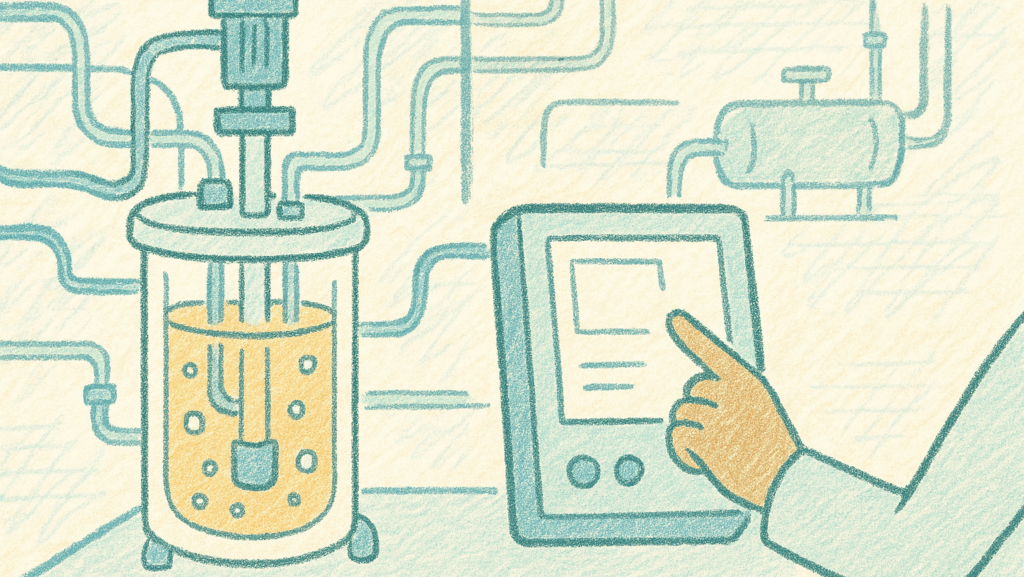AUTHORS
M. Klein, A. Hilts, R. Fennessy, N. Trattnig, T. Stehrer-Polášek, S. Rittmann, C. Fink
Microbiol. Spectr., 2025; https://journals.asm.org/doi/pdf/10.1128/spectrum.03068-24
Markerless mutagenesis represents a significant advancement in genome engineering, particularly crucial for recalcitrant microorganisms like methanogenic archaea. Our research successfully applied a markerless gene deletion and integration strategy in the hydrogenotrophic methanogen *Methanothermobacter marburgensis*. This approach circumvents the limitations associated with traditional methods relying on selectable markers, such as polar effects on downstream gene expression, genomic instability due to marker retention, and constraints in sequential genetic modifications. By implementing a counter-selection system coupled with homologous recombination, we achieved precise genomic modifications without leaving behind foreign DNA sequences.
Focusing on metabolic pathway engineering, we targeted the biosynthesis of L-isoleucine, an essential amino acid and valuable platform chemical. Canonical isoleucine biosynthesis proceeds from threonine or pyruvate via complex branched pathways involving multiple enzymatic steps. In *M. marburgensis*, endogenous pathways were either absent or non-functional for efficient isoleucine production from simple substrates like threonine. Our objective was to engineer a novel, streamlined pathway enabling the organism to synthesize isoleucine solely from threonine, utilizing enzymes heterologously expressed through targeted genetic modifications. Using the developed markerless mutagenesis system, we introduced genetic alterations required for the threonine-only isoleucine pathway. The markerless approach allowed for iterative cycles of modification and testing, and can facilitate the optimization of gene expression levels and pathway intermediates in the future.
Our results demonstrate the successful construction of a *M. marburgensis* strain capable of de novo L-isoleucine biosynthesis using threonine as the precursor for amino acid synthesis. Analytical validation confirmed the production of isoleucine. This work establishes *M. marburgensis* as a promising chassis for the sustainable production of valuable chemicals directly from C1 compounds or related simple substrates, leveraging its unique metabolic capabilities and growth characteristics. The efficiency of the markerless mutagenesis system developed is a critical enabler for complex metabolic engineering in this challenging host.
The successful engineering of *M. marburgensis* for efficient isoleucine production from threonine using markerless mutagenesis holds substantial potential for industrial biotechnology. This breakthrough provides a blueprint for developing sustainable bioprocesses for amino acid production, potentially replacing traditional, less environmentally friendly chemical synthesis routes. Furthermore, the established markerless genetic tools for methanogens open up new avenues for engineering these organisms for the production of a wide range of biofuels, chemicals, and proteins from inexpensive and abundant feedstocks, including syngas or hydrogen and CO2. This contributes significantly to developing a circular economy based on renewable resources. The ability to precisely and efficiently modify the genome of these previously intractable microbes unlocks their potential as powerful biocatalysts for a more sustainable future.
